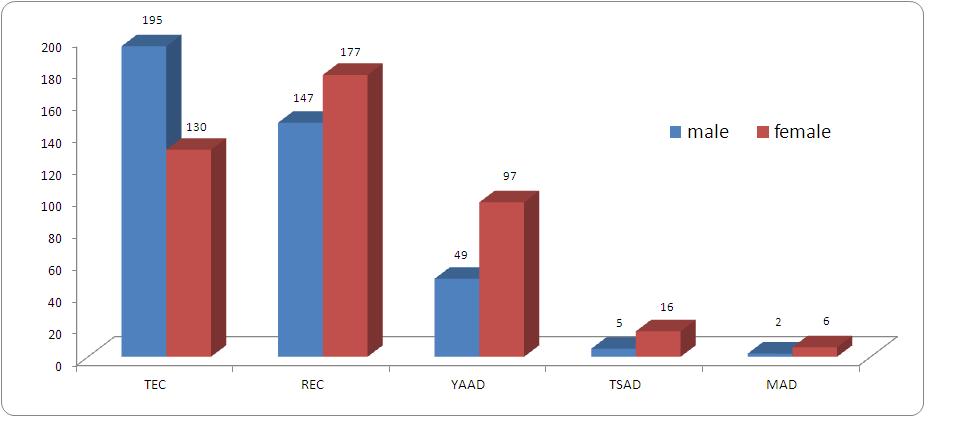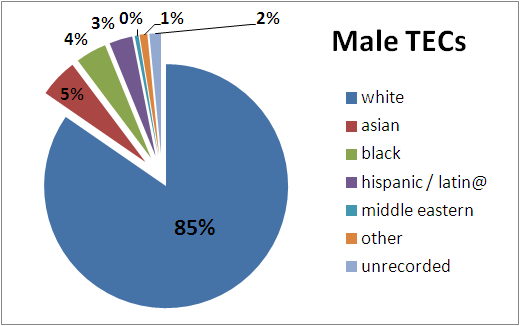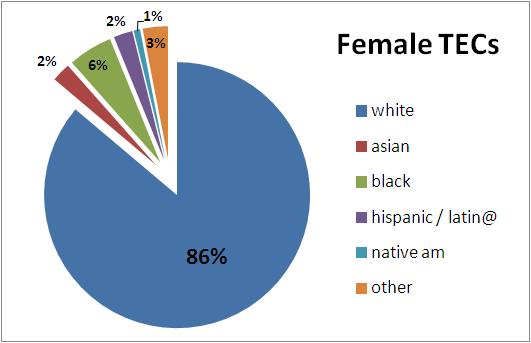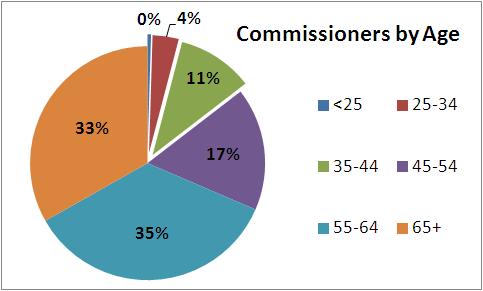In Spirit and Truth
About this blog
In Spirit and Truth seeks to encourage discussion and deeper consideration of representation issues in the Presbyterian Church (U.S.A.). It is hoped entries will prompt reflection and dialogue on aspects of expanding representation and supporting full participation in the PCUSA, especially at the assembly and mid council levels.
This blog will occasionally feature content written by one of the fourteen members of the General Assembly Committee on Representation, who are church members, ministers (teaching elders) and ruling elders from across the country, as well as links and articles of particular interest. The ministries of advising, consulting, advocating, promoting inclusion, reviewing and recommending actions are vital to the life of the whole Body of Christ. Committees on Representation and/or their functions exists at all councils above session so from time to time we may highlight activities and insights from sister committees on representation at lower councils throughout the church.
Any views or opinions presented in this blog are solely those of the author and do not necessarily represent those of the Presbyterian Church U.S.A. or the General Assembly Committee on Representation.
Author/Facilitator Molly Casteel is an Assistant Stated Clerk and the Manager for Equity and Representation in the Office of the General Assembly. She is a teaching elder (a.k.a. Minister of Word and Sacrament) in the Presbyterian Church (U.S.A.) and a graduate of Princeton Theological Seminary.
Recent posts
- Future of this Blog - Seeking Feedback
- The ADA at 25
- Opportunity Knocks When Justice Advocates Come to Louisville
- What is the Church to do with #Ferguson, #MichaelBrown and #HandsUpDon’tShoot?
- Moving Past an Impulse/Intention for Racial Justice
Categories
- General Assembly (4)
- Cultural proficiency (3)
- Disability (2)
- Diversity (2)
- Young Adults (2)
- View all categories →
Archives
First Look: Representation at the 221st General Assembly
An analysis of registrations for Commssioners and Advisory Delegates
In just a few weeks, Commissioners and Advisory Delegates from all across the US and Puerto Rico will gather in Detroit for the 221st General Assembly (2014). Presbyteries determine who most of the folks are who will discern the will of the Living God for the PCUSA making decisions large and small. Many are already praying for these 800+ folks who are busy preparing for the work of the 14 assembly committees and attending to the wider business before the larger body. I'll focus on Teaching Elder Commissioners in this first post.
Gender
In looking at the chosen few (as reflected in registrations), this year’s commissioners are nearing gender parity like never before. There are only 35 more males than females in commissioner – Ruling Elder Commissioners (REC) are more female (by 30) and Teaching Elder Commissioners (TEC) are more male (by 65).

Figure 1: Gender of Commissioners and Advisory Delegates to the 221st General Assembly (2014). Data retrieved on April 24, 2014. Registrations or changes after that date are not reflected in the graph.
Advisory Delegates are overwhelmingly female (2:1 for YAADs, 3:1 for TSADs and MADs). Advisory delegates may vote in assembly committee but only have voice, and no vote, once the assembly moves to the business meeting.
Race
Assemblies, like the larger church, is made up predominantly by persons claiming White racial identity (Caucasian, European American). Adding race/ethnicity to the criteria in Figure 1, we learn more about who will be making decisions this year.
Male Teaching Elder Commissioners - who out number all other categories - are 85% white. White male TECs constitute a whopping 25.4% of all Commissioners to the 221st General Assembly (2014) - the largest single group.

Figure 2: Race of Male Teaching Elder Commissioners to the 221st General Assembly (2014). Data retrieved on April 24, 2014. There is one Middle Eastern male T, too small to register above 0%.
The percentages do not change much when we turn to the female Teaching Elder Commissioners. Among Female TECs, 86% describe their ethnicity as White. While there are 65 less commissioners who are female in relation to the males, the percentages do not change a lot.

Figure 3: Female Teaching Elder Commissioners by Race to the 221st General Assembly (2014). Data retrieved on April 24, 2014.
Age
Whereas in 2012 almost 90% of commissioners were over 45, there has been considerable improvement in 2014. Only 85% of Commissioners are over 45 years old. Three Commissioners under 25 are serving in this assembly - all Ruling Elder Commissioners - that is the highest number (in recent years). There were none last year.

Figure 4: Commissioners (TECs and RECs) to the 221st General Assembly (2014). Data retrieved on April 24, 2014.
In later posts we will look at other aspects of representation at the 221st General Assembly (2014). Stay tuned.
- Posted at 12:00 p.m.
-
- Tweet